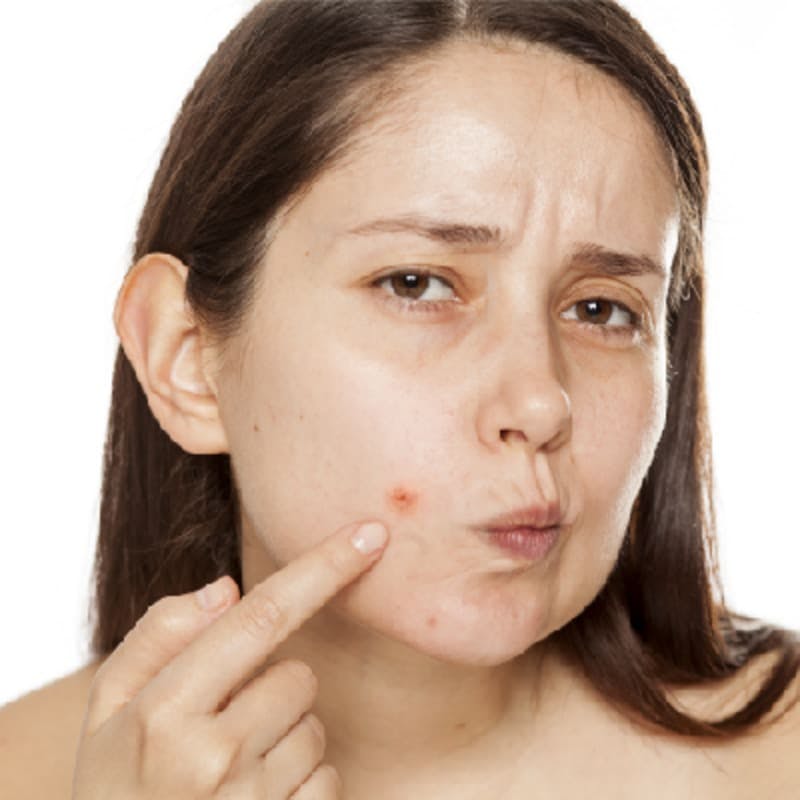For most teenagers, the stress of school and growing up is enough to handle. But roughly 8 in every 10 preteens and teens have acne. Changing hormones during puberty is often the leading cause.
Written by Medical Professional
Can be Treated Online
Appointments Available Today
Written by
Dr Farah Gilani
Doctor
Reviewed by
Dr Faiza Khalid
Doctor
Last Updated:
Next Review: Sep 1, 2025
Guide contents
01Teenage acne: five ways to get through it
Articles related to Teenage Acne
Teenage acne: five ways to get through it
For most teenagers, the stress of school and growing up is enough to handle. But roughly 8 in every 10 preteens and teens have acne. Changing hormones during puberty is often the leading cause.
As the body begins to develop, these hormones stimulate the oil-producing glands within the skin’s pores. When these glands produce more oil, the pores clog and form spots.
Thankfully, there are steps that you can take to get through it. If you have teenage acne, we can help with:
What is the best treatment to use for teenage acne? And does teenage acne go away?
This chapter covers
- Take acne seriously
- Follow your acne treatment
- Don’t stress
- Look after your mental health
- Visit your GP
Take acne seriously
As acne is so common in teenagers, it can be easy to think it will just pass on its own. However, though hormonal acne is an almost guaranteed part of teenage life, there are a number of treatments available that can reduce symptoms. Over-the-counter products or a visit to your GP can prevent acne from worsening and help avoid acne scars.
Follow your acne treatment
It may seem obvious, but for hormonal acne treatment to work, you must keep using it. If other responsibilities are adding up or improvement isn’t instantaneous, it can be easy to forget this. Make sure to maintain regular use of your treatment to ensure maximum results.
Don’t stress
During your teenage years, everything can seem stressful. Exams, job hunting and planning for your future can all add pressure. However, stress can cause acne to flare up. Try to destress by effectively balancing your time between study and social occasions, and take regular time for yourself to relax.
Look after your mental health
You may have found that acne has caused a negative effect on your self-esteem or self-confidence. This isn’t unusual. Research has shown that acne can lead to depression, anxiety, or both. It is important you start the right course of treatment to help clear your acne and these worries. If you have any of the following symptoms, visit your GP to find a solution for your acne:
- Sadness that lasts for two weeks or more
- Loss of interest in activities that you once enjoyed
- A tendency to avoid social activities, even with friends or people your age
Visit your GP
Having a one-to-one meeting with your GP can give you space to discuss your acne and find the right treatment. Rather than waiting for acne to clear on its own, your GP may be able to prescribe you an effective topical or oral medicine.
So, how does it work?
Book in seconds
Select a day and time that suits you — then see a doctor on your phone or at a pharmacy.
Speak to a doctor
Have a video consultation and be examined by one of our expert doctors.
Get back to feeling better
Whether it’s a diagnosis, personalised treatment plan or prescription — our doctors can help.
